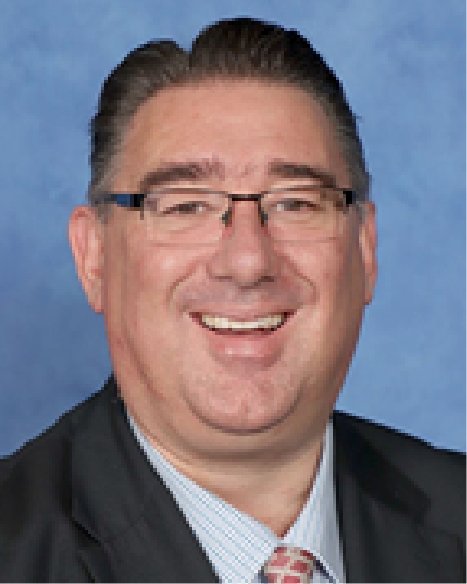Humanitarian Education
Learning and Belonging: Lessons from Teaching History at Marri Mittigar
Over the past year I have had the privilege of teaching History at Marri Mittigar, Barker’s school-within-a-school for students from a refugee background. This experience has been one of the most rewarding of my career, offering profound lessons not only about History as a subject but also about the role of education in building belonging, resilience, and hope.

For students whose lives have often been shaped by displacement, History provides a way of connecting to stories bigger than their own. When we explored the building of the pyramids, the development of the Great Wall of China, or the castles of medieval Europe, students were drawn into worlds of power, creativity, and struggle. These stories gave them a chance to reflect on human achievement and human fragility. One particularly memorable moment came when students recognised familiar characters from their own language (Dari) in ancient Egyptian hieratic script. What began as a lesson introducing different aspects of Ancient Egypt developed into a lengthy discussion about writing — about recognition, identity, and the ways language carries meaning across time and culture.
The Power of Translanguaging
Language is both the greatest barrier and the greatest resource in this context. My students are learning English, making them multilingual learners in the History classroom. They use the English they are learning, and the language(s) they can speak fluently to help them learn. Drawing on their languages has become central to my classroom practice. I make space for students to explain concepts to each other in their first language, to use bilingual glossaries, and to bring words from Dari, Farsi, or Ukrainian into the discussion. Far from being a “shortcut,” this translanguaging approach affirms identity and builds deeper comprehension. It reminds me that every student arrives with a wealth of knowledge and experience, even when it is not expressed in English.
Balancing Curriculum and Care
Teaching refugee-background students involves holding academic rigour and pastoral care together. The demands of the NSW History syllabus remain, but so does the reality that students are navigating settlement, trauma, and cultural adjustment. Striking this balance is not always easy. Sometimes it means slowing down, re-teaching key vocabulary, or finding alternative ways for students to demonstrate their understanding. At other times it means simply listening, recognising that learning will not happen if wellbeing is overlooked. In both moments, the task is the same: to affirm students’ dignity and potential.
Lessons for Education More Broadly
The Marri Mittigar classroom offers insights that extend far beyond one program. First, it highlights the centrality of relationships. I have observed how students flourish when they feel seen, heard, and valued. Second, it shows the importance of inclusive pedagogy. Translanguaging, differentiated tasks, and creative assessments are not just “support strategies” — they are powerful approaches to teaching that benefit all learners. Finally, it underscores the social role of schools. In a fractured world, schools can be places of cohesion and hope, where young people from different backgrounds learn not only content but also community.
Looking Ahead
We still have a little bit of the school year to go but as I look back on what has taken place so far, I am struck by how much I have learned from my students. They have reminded me that History is not only about the past — it is also about shaping futures. In their resilience, curiosity, and willingness to learn, I see the possibility of a more inclusive society. Marri Mittigar is a small (yet growing) program, but its lessons are large: that education can be a bridge, that language is a gift, and that belonging is the soil in which learning takes root.

Dr Timothy Scott
Tim has held leadership roles in schools across Australia and abroad for 25 years, alongside teaching History and Modern Languages. His research focuses on intercultural learning and pedagogical translanguaging, refugee education, and student voice in improving educational practice. He is a lead researcher for the Barker Institute’s ongoing decade-long longitudinal study, The Barker Journey. Alongside his research work, Tim currently teaches History and IGCSE Global Perspectives. His PhD examined socio-political influences on contemporary German conceptions of history and archaeology.







